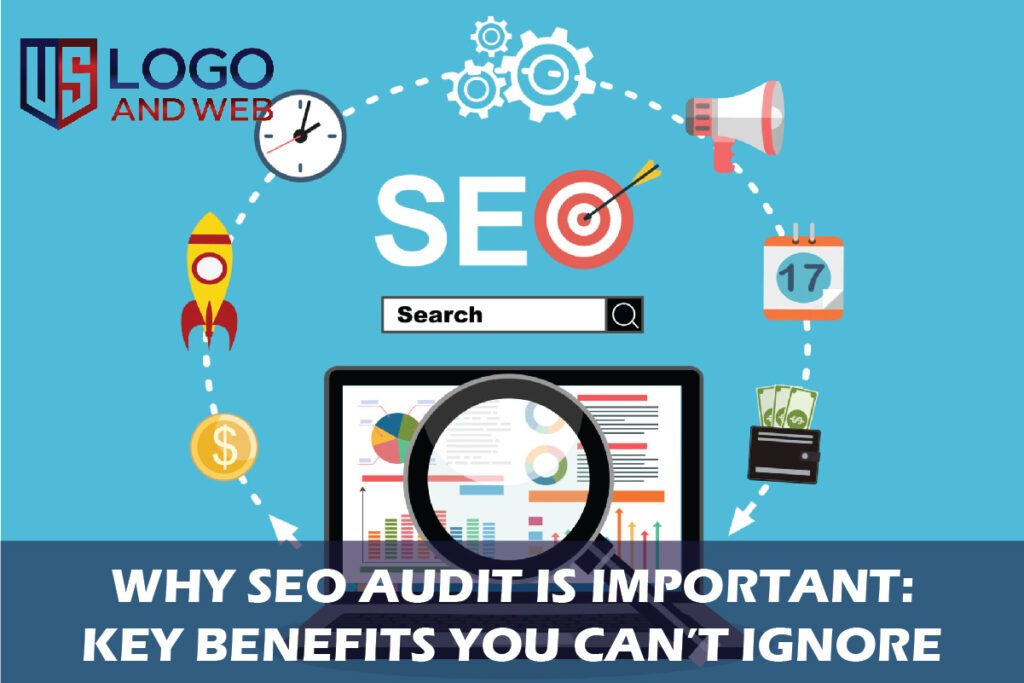When was the last time you looked under the hood of your website? Many business owners focus on adding fresh content, running ads, or polishing their social media pages, but they forget about one crucial step: auditing their SEO. An SEO audit is like a health check for your website. It digs into how your site is performing, uncovers issues that might be holding you back, and highlights opportunities you didn’t even know existed.
If you’ve ever wondered why your site isn’t climbing the search rankings or why traffic has slowed down, chances are you need an audit. Let’s explore why an SEO audit is so important, and why skipping it could cost you growth, visibility, and even credibility.
Spot Hidden Website Issues Before They Hurt Rankings
Think of an SEO audit as a detective search. Sometimes, a site looks fine on the surface, but behind the scenes, broken links, slow loading times, or duplicate content are quietly dragging you down.
By auditing your site, you can:
- Fix technical issues that harm user experience.
- Ensure search engines can crawl and index your pages properly.
It’s a lot like catching small leaks before they turn into floods.
Understand How Search Engines See Your Website
You may love your website design, but search engines don’t care about the colors or layouts. They look for technical structure, content quality, and mobile-friendliness.
An SEO audit lets you see your site from Google’s perspective. With this insight, you can optimize your site so it’s not just attractive to visitors but also aligned with what search engines reward.
Improve User Experience and Engagement
A slow, clunky website can send visitors running faster than you think. During an audit, you’ll often find issues that impact user experience, like:
- Pages that take forever to load.
- Navigation that feels confusing.
- Content that isn’t easy to scan.
By fixing these problems, you’re not only helping your SEO but also keeping people on your site longer. More time on your website usually means more conversions and stronger trust.
Keep Up With Algorithm Changes
Search engines are constantly updating their algorithms. What worked last year may not work today. Without an audit, you could be relying on outdated strategies.
An SEO audit helps you stay current. You can align your content and technical structure with the latest best practices, keeping your website relevant and competitive in your industry.For instance, understanding how Google’s algorithm updates impact SEO strategies is critical if you want your site to maintain visibility and rankings over time.
Gain a Competitive Advantage
Let’s be real: your competitors are fighting for the same audience. If they’re investing in SEO audits and you’re not, guess who’s more likely to grab the top spots in search results?
Auditing your website gives you the inside scoop on what’s working, what’s not, and where you can outperform the competition. In other words, it helps you stay one step ahead instead of playing catch-up.
Maximize the ROI of Your Marketing Efforts
Every dollar you spend on digital marketing should move you closer to your goals. But if your website has structural or content issues, much of that investment goes to waste.
By running regular SEO audits, you ensure that your campaigns—whether social ads, blogs, or email marketing—lead visitors to a website that’s ready to convert. It’s like making sure the stage is set before the spotlight hits.
Discover New Content Opportunities
Audits don’t just focus on problems—they also highlight opportunities. You might notice gaps in your content, untapped keywords, or areas where your competitors are ranking but you’re not.
By addressing these gaps, you can create new, targeted content that draws more organic traffic and strengthens your authority in your niche.
Frequently Asked Questions
1. How often should I do an SEO audit?
At least twice a year is recommended. However, if your website is large or constantly changing, quarterly audits can help keep things on track.
2. Can I do an SEO audit myself?
Yes, there are tools available that can guide you, but a professional audit often goes deeper and provides actionable recommendations.
3. What does an SEO audit include?
It usually covers technical performance, on-page SEO, content analysis, backlink profile, and user experience checks.
4. Is an SEO audit really necessary if I’m getting traffic?
Even if traffic looks fine, hidden issues could be limiting your potential. An audit ensures you’re not leaving opportunities on the table.
Final Reflections
An SEO audit isn’t just a “nice-to-have”—it’s a must-have if you want your website to thrive. From fixing hidden issues to uncovering new opportunities, the benefits are too big to ignore. Think of it as a tune-up for your online presence, keeping everything running smoothly and ready to perform.
If you haven’t done one yet, now’s the perfect time to start. Your future rankings, traffic, and growth will thank you for it.

